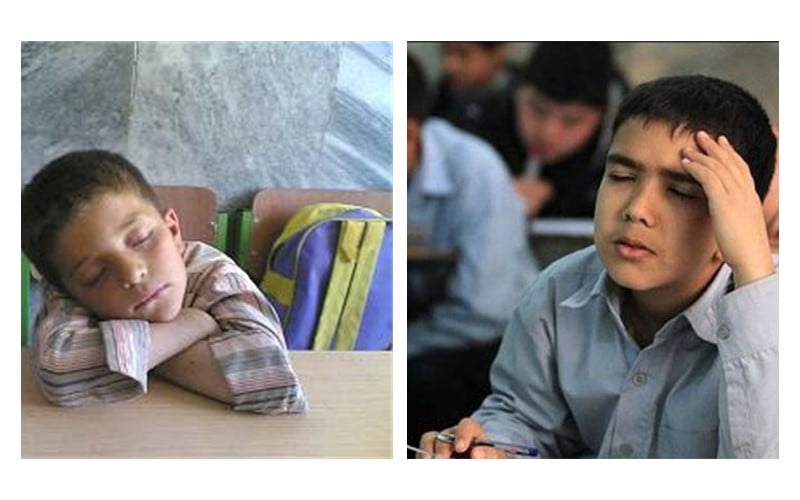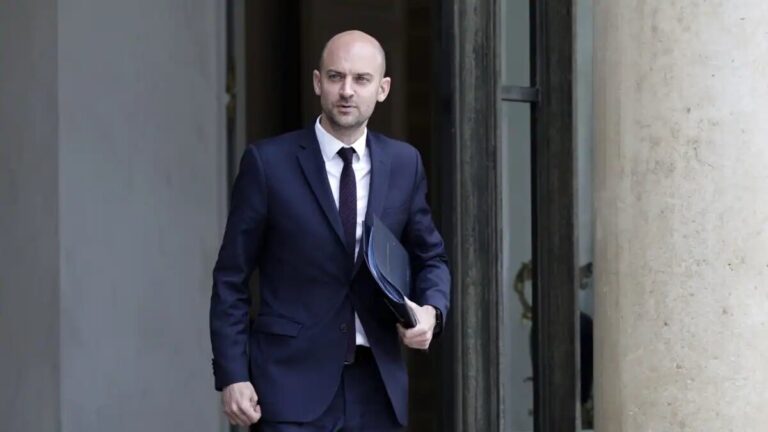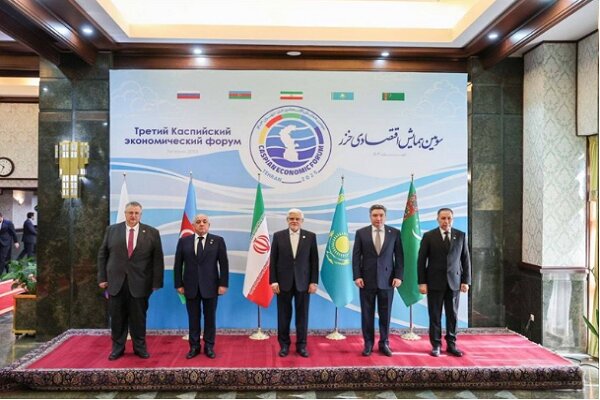Iran’s Early School Start at 6 A.M. Triggers Public Outcry and Health Warnings
In a controversial decision, the Iranian regime has mandated an early start time of 6 a.m. for public offices and schools across the nation. This policy has sparked widespread criticism and concern among families, educators, and health experts, particularly due to the lack of public consultation and consideration of the broader implications.
Government Pushes Early Start to “Save Energy”
The directive was first issued on May 7 by Mohammad Reza Aref, First Deputy to the Iranian president. Following this, the Ministry of Interior promptly circulated a formal notification mandating that from May 10 to September 22, working hours for all administrative offices, public and private institutions, banks, insurance companies, and municipalities would be from 6:00 a.m. to 1:00 p.m. Moreover, all offices would be closed on Thursdays during this period.
Officials suggested that the earlier working hours were designed to reduce national energy consumption amid ongoing power shortages, rising temperatures, and declining rainfall, all of which have strained electricity production. However, critics argue that this measure is a poorly conceived substitute for the previously implemented daylight saving time policy, which was repealed on religious grounds.
Extension to Schools Prompts Outcry
As criticism mounted from working families struggling to manage childcare under the new schedule, the government announced a corresponding adjustment to school hours. Ali Farhadi, Deputy Minister of Planning and Resource Development at the Ministry of Education, stated that this change was made in response to public demand: “After the cabinet’s resolution on May 7 to start offices at 6 a.m., there was a lot of demand from working parents to change school hours,” he said in a statement to ISNA.
A circular issued on May 12 confirmed the change, stating that starting May 13, all single-shift schools would operate from 6 a.m. to 1 p.m. Double-shift schools would run in two sessions: 6:00–9:30 a.m. and 9:30 a.m.–1:30 p.m. However, this announcement only intensified the public backlash. Social media platforms erupted with criticism from parents, teachers, and health professionals who warned of the negative impact on children’s well-being.
Health Experts Raise Alarm Over Early Start Times
Experts have long emphasized the importance of adequate sleep for children and adolescents. Forcing students to wake up as early as 4:30 or 5 a.m. to reach school by 6 a.m. disrupts natural sleep cycles and can lead to:
- Chronic fatigue
- Impaired concentration
- Mood disorders
- Weakened immune system
“Sleep deprivation during adolescence doesn’t just affect academic performance—it also has long-term consequences for mental and physical health,” warned a pediatrician based in Tehran. This shift also creates logistical chaos for families, particularly those with younger children in kindergartens that previously opened around 8 a.m. Instead of reassessing its work schedule decision, the government appears to be compounding the issue by dragging students into the same framework.
A Global Comparison: Iran’s Schedule an Outlier
In contrast to Iran’s approach, many developed countries have adjusted school hours based on scientific research into adolescent sleep patterns. In Finland, renowned for having one of the world’s most respected education systems, schools typically begin between 8:30 and 9:00 a.m., focusing on shorter, high-quality instructional days.
Similarly, schools in France and Germany usually start no earlier than 8 a.m. Additionally, many U.S. states have shifted high school start times to after 8 a.m. in response to expert recommendations from pediatric and mental health associations. These nations acknowledge that aligning school schedules with children’s biological rhythms enhances learning outcomes and supports mental health—a lesson that Iranian authorities appear to have overlooked.
A Crisis of Policy, Not Just Energy
While the government insists that the new schedule is a response to the country’s energy crisis, critics view it as yet another top-down policy imposed without adequate planning or consideration for public welfare. Farhadi acknowledged that the school schedule change was initially intended to coincide with the workday shift but was delayed due to the approaching end of the academic year and public pressure.
He further stated that the government hopes to resolve the energy crisis by October—with the cooperation of the people—implying that this controversial policy may only be temporary. However, many are concerned that the damage to students’ health and educational experience may be long-lasting.






